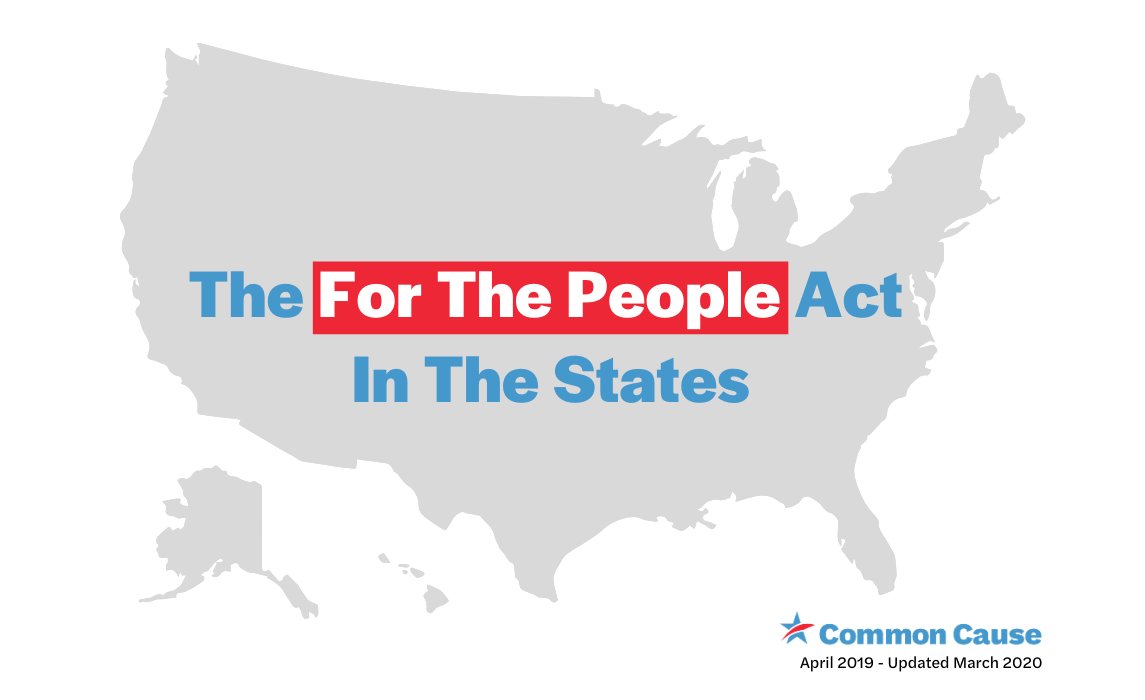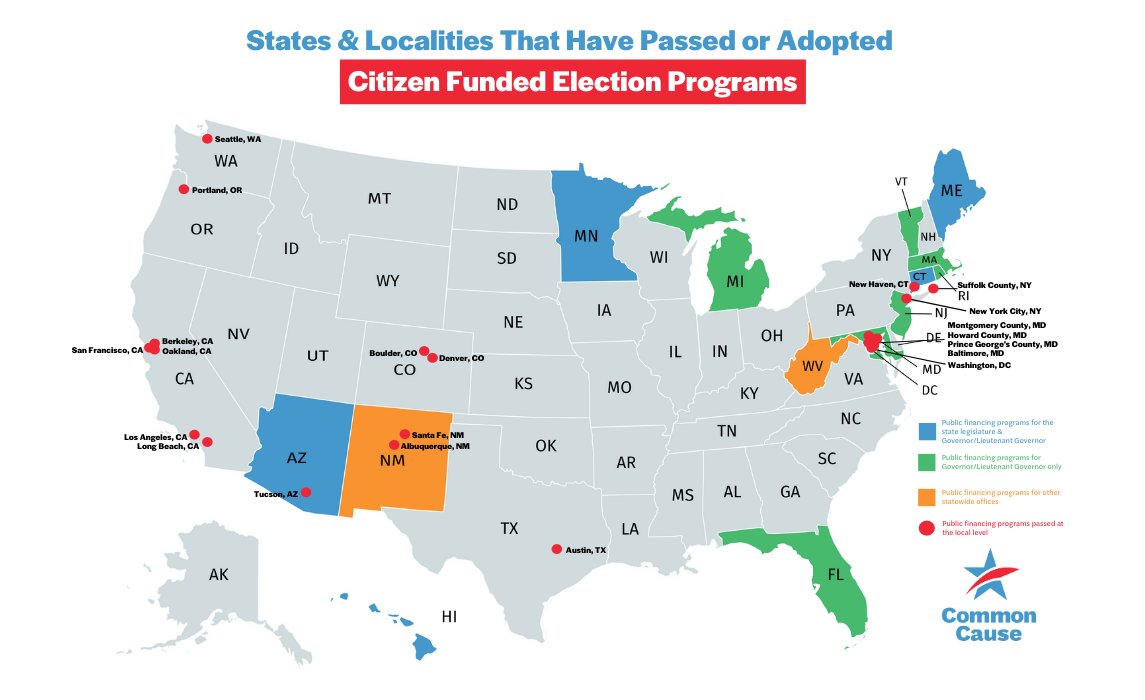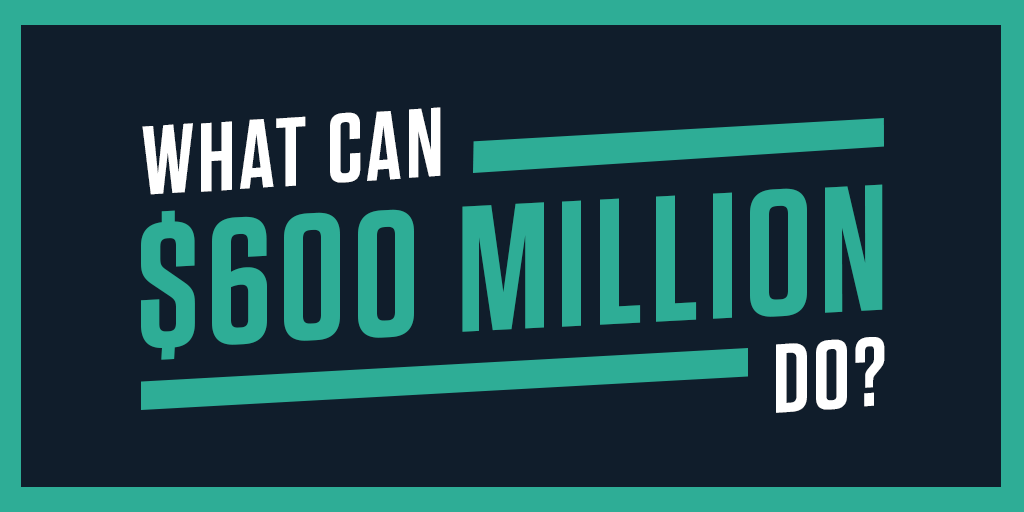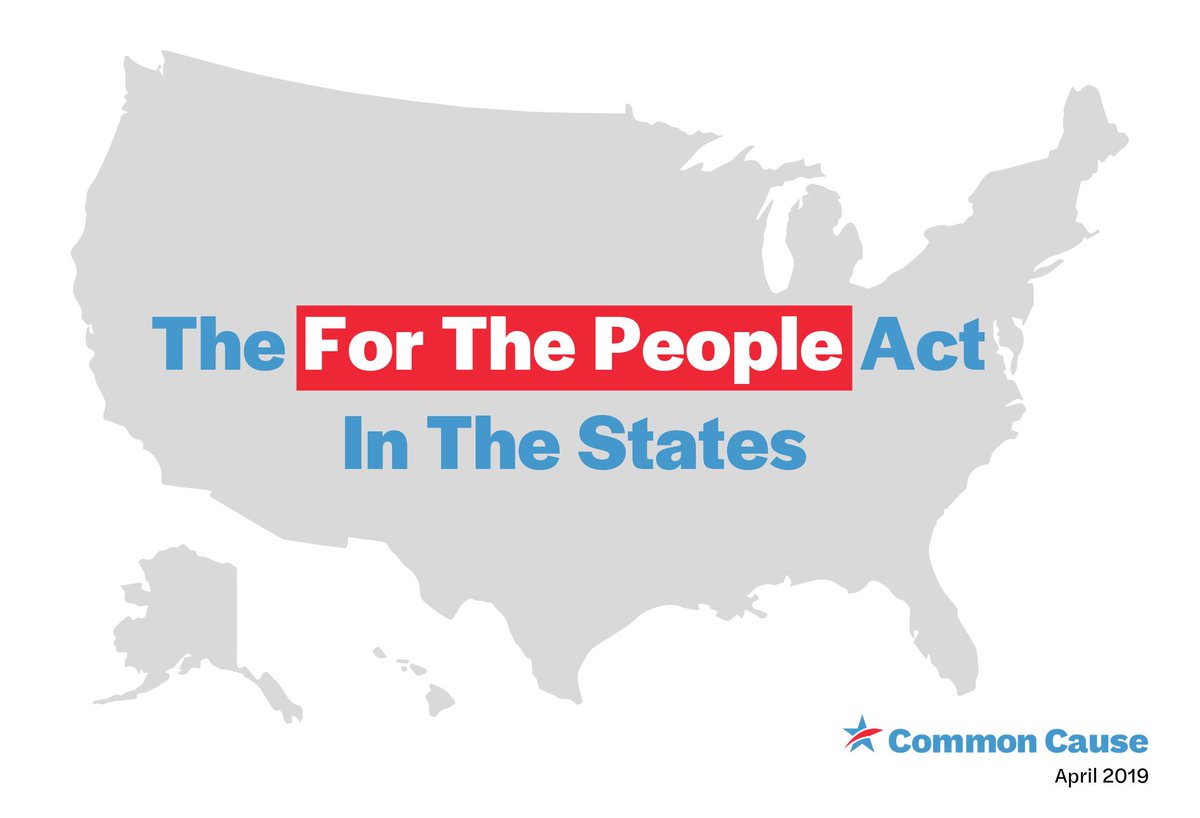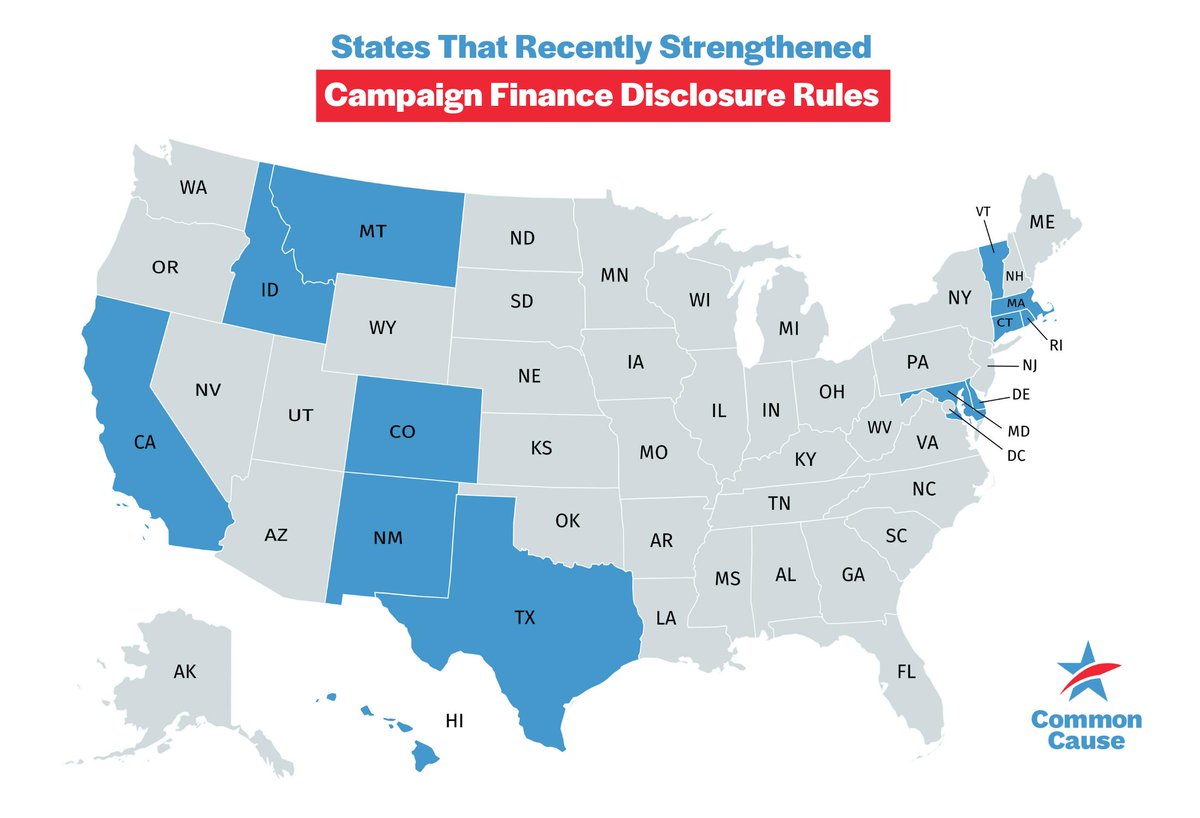The North Carolina Supreme Court dropped 3 partisan decisions in a severe attack on our democracy.
Here’s what you need to know 🧵
Here’s what you need to know 🧵
In 2022, @CommonCauseNC won in Harper v. Hall to protect voters from partisan gerrymandering. The unconstitutional maps made by extremist lawmakers were redrawn.
Upset they didn’t get their gerrymandered maps, the lawmakers appealed to SCOTUS in #MooreVHarper.
Upset they didn’t get their gerrymandered maps, the lawmakers appealed to SCOTUS in #MooreVHarper.
Meanwhile a newly configured NC Supreme Court re-decided the Harper v. Hall, reversing the prior court’s decision today in a nearly unprecedented move.
Bob Phillips of @CommonCauseNC says how "it's one of the worst decisions – ever – by the North Carolina Supreme Court.”
https://twitter.com/CommonCauseNC/status/1652008292997124096?s=20
The NC Supreme Court gave lawmakers power to redraw legislative and Congressional maps without any limitations on extreme partisan gerrymandering.
They also reversed Holmes v. Moore, which means reinstating voter ID laws that make it harder for vulnerable citizens to vote.
They also reversed Holmes v. Moore, which means reinstating voter ID laws that make it harder for vulnerable citizens to vote.
In a separate decision today, the NC Supreme Court revoked the voting rights of 56,000 North Carolinians with felony convictions who completed their prison sentences and are rebuilding their lives.
Thousands of North Carolinians were stripped of their voting rights today. All of us face a severe threat to our democracy.
These same extremists are attempting to dismantle our system of checks and balances so they can have absolute power to gerrymander and suppress the vote.
These same extremists are attempting to dismantle our system of checks and balances so they can have absolute power to gerrymander and suppress the vote.
Confused? We know. It’s all a tactic to try to suppress our voting rights.
Stay tuned as we push for SCOTUS to protect voters and reject the ISLT theory in our #MooreVHarper case.
Stay tuned as we push for SCOTUS to protect voters and reject the ISLT theory in our #MooreVHarper case.
• • •
Missing some Tweet in this thread? You can try to
force a refresh

 Read on Twitter
Read on Twitter


